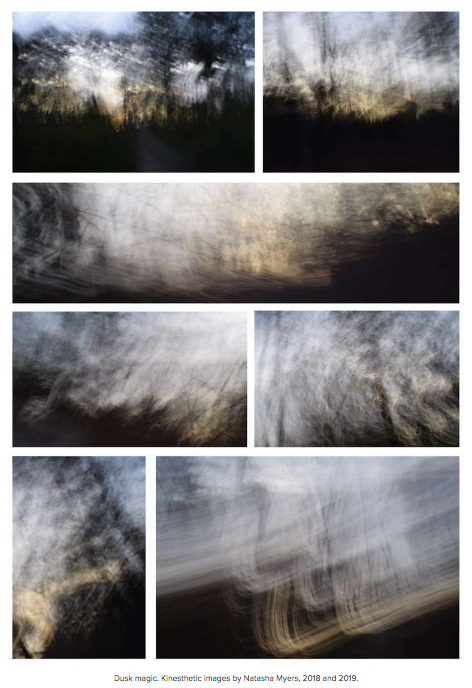Next-up at #Distribute2020: “Accessing Audial Media” ft. Andrea Bohman, Benjamin Tausig, @kgoldschmitt, and Dave Novak!
A little warm-up for a panel that takes us across genres of music, space & time:
What are y’all jamming to? Drop your fave songs, artist, & albums!
A little warm-up for a panel that takes us across genres of music, space & time:
What are y’all jamming to? Drop your fave songs, artist, & albums!
https://twitter.com/culanth/status/1258214190063419392
A prefacing bit about the panel itself:
Popular music, whether as part of global recording industries or within local networks of circulation, raise not only questions of ownership, but also crucial questions about access.
Popular music, whether as part of global recording industries or within local networks of circulation, raise not only questions of ownership, but also crucial questions about access.
Some questions the panelists position to help ground us as we follow along on this last loop:
What does one access when hearing songs?
When buying records?
When copying tapes?
When streaming protest performances?
What does one access when hearing songs?
When buying records?
When copying tapes?
When streaming protest performances?
Up first: David Novak telling us about digging, its various techniques, and what can be revealed under these new conditions.
"People dig music all over the place. But they dig on different ground, and reshape the terrain of recorded history in their digging."
"People dig music all over the place. But they dig on different ground, and reshape the terrain of recorded history in their digging."
Now we're switching gears and our ears "to a mega-mix playlist of Cambodian Rock, and a thirty year counterhistory of popular music as told through a handful of cassettes and their movements between Cambodia and the United States"
Very cool to learn about auditory watermarks and how listeners can trace through sound where songs came to be and placed back into global circulation.
A collaborative turn with the Cambodian Vintage Music Archive and the Bophana Center in Phnom Penh to identify and restore claim ownership to songs remixed.
Now turning to the second presentation that sounds an alternative past for the flexidisc!
Through the Polish "sound postcard" this presenter introduces the flexidisc in order to argue that "sound objects are not just made, heard, owned; they reveal and unfold the challenge and importance of information retrieval."
Interesting: "Sound postcards were always a kind of musical backup, an archive that was consistently conceived of as transferable (to other sound media) or shareable, among friends".
Lending itself to the notes and greetings they can include between people.
Lending itself to the notes and greetings they can include between people.
Third presentation!
@kgoldschmitt orients us to a framework of "access intimacy":
They state: I want to posit a type of intimacy that resembles access intimacy through queerness and gender non-conformity, and how it relates to ethnographic research.
@kgoldschmitt orients us to a framework of "access intimacy":
They state: I want to posit a type of intimacy that resembles access intimacy through queerness and gender non-conformity, and how it relates to ethnographic research.
Now on the moments of intimacy and the multiplicities of recognition between ethnographer and those we encounter.
These "fuzzy" relationships relay vulnerabilities, and for this presenter, the interplay between access and denial behoove us to look outwards.
These "fuzzy" relationships relay vulnerabilities, and for this presenter, the interplay between access and denial behoove us to look outwards.
Shifting towards the jazz age and Maurice Rocco, our final presenter positions Rocco's quiet death as a case study on archival gaps.
How do we think, or perhaps read, voids in the archive not as absences but as gaps that stand on their own?
Great re-orientation by this presenter on Rocco's anonymity and private persona in the archive.
Great re-orientation by this presenter on Rocco's anonymity and private persona in the archive.
This panel continuing to trace the transnational strokes of music as we follow this case study to Bangkok, Thailand as Rocco's career in the U.S seemingly declined.
His anonymity in Thailand offered coverage until it didn't--as this presenter points towards a tragic ending.
His anonymity in Thailand offered coverage until it didn't--as this presenter points towards a tragic ending.
On his murder and the lack of investigation, this presentation reveals "how privilege and vulnerability are both inherent components of anonymity for figures like Rocco".
[End of the panel]
Be sure to join us in the Virtual Hallway!
[End of the panel]
Be sure to join us in the Virtual Hallway!
• • •
Missing some Tweet in this thread? You can try to
force a refresh









